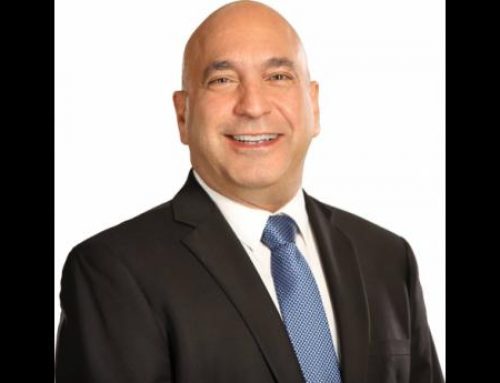Jamaica is set to tighten oversight of money flows by year end through amendments to the Proceeds to Organised Crime Act and the Terrorist Prevention Act.
However, the timeline for the passage of legislation to police microlenders is not as certain.
The bill, known as the Microcredit Act, is aimed at curtailing predatory lending practices including the rates currently charged by microlenders which tend to range beyond 50 per cent, along with intimidatory practices by lenders in getting borrowers to repay debt.
Despite Finance Minister Nigel Clarke’s stated intent to create a level playing field and improve the reputation of the sector, the draft law has been heavily criticised by both industry players and Opposition Spokesman on Finance Mark Golding who argues that the bill in its current state could “destroy the sector”.
“The microcredit bill was introduced in Parliament a few weeks ago and since that time, we’ve had the opportunity to meet with members of the industry who have made very reasonable suggestions to improve the bill, and those amendments are being drafted,” Clarke told the Financial Gleaner during the 8th Annual Anti-Money Laundering and Counter-Financing of Terrorism Conference in New Kingston on Tuesday.
Clarke did not give a timeline targeted for passage of the bill, but once passed and enacted into law, microcredit players will have only one year to determine whether they want to cease operation or apply for a licence through the supervising authority, Bank of Jamaica, BOJ.
Jamaica’s microlending sector is estimated to have around 200 firms in operation, but those numbers may trend downwards in light of concerns that the Microcredit Act, as written, proposes to link loan rates to Treasury bill rates and the cost of issuing microloans. T-bill rates continue to track at or below two per cent per annum.
In addition to rate cuts, lenders will be required to maintain customer records for a minimum of seven years and conduct an audit of operations on an annual basis for submission to the BOJ.
“The Government is recognising that in setting the interest rates, microfinance institution will want to take into consideration not just the cost of funds and interest margins, but also the borrower’s credit, since they largely serve high-risk customers,” said Attorney Rene Gayle of First Heritage Co-operative Credit Union, who made a presentation on the legislation at the conference.
Anyone who is perturbed by the contours of the legislation still have an opportunity to participate in the final draft, she said.
Subsequent to the passage of the bill, the BOJ will be implementing new rules for the operations of microfinance firms. And the Consumer Affairs Commission will also issue a code of conduct to include the use of clear and simple language in loan agreements.








Leave A Comment